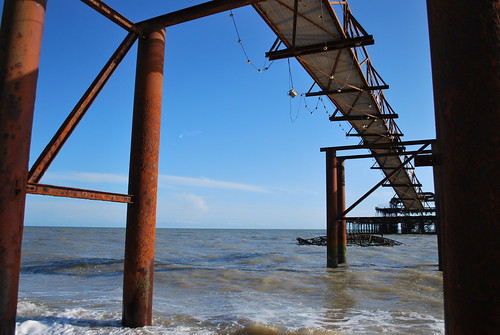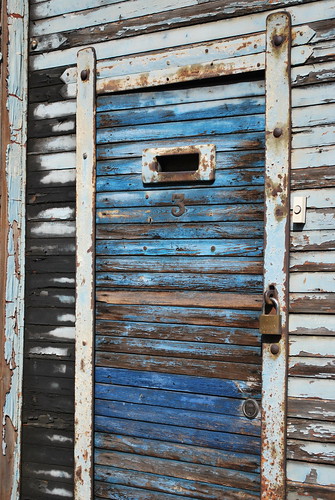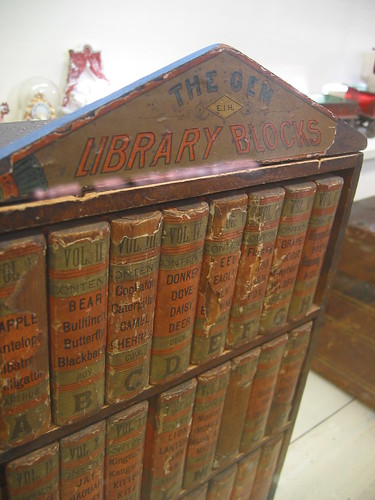
{Satan Falls, by
Gustave Dore}
In the midst of a
Rambler essay for March 31, 1750, on the then-new genre of the naturalistic novel,
Samuel Johnson addresses the danger of an author allowing the charms of evil too much play in his characters:
Many writers, for the sake of following nature, so mingle good and bad qualities in their principle personages that they are both equally conspicuous; and as we accompany them through their adventures with delight, and are led by degrees to interest ourselves in their favour, we lose the abhorrance of their faults, because they do not hinder our pleasure, or perhaps, regard them with some kindness for being united with so much merit.
There have been men indeed splendidly wicked, whose endowments threw a brightness on their crimes, and whom scarce any villainy made perfectly detestable, because they never could be wholly divested of their excellencies; but such have been in all ages the great corrupters of the the world, and their resemblance ought no more to be preserved than the art of murdering without pain.
Could Johnson have been thinking of the eponymous hero of
Henry Fielding's
Tom Jones (1749), whose salacious romantic exploits would have been the talk of the novel-reading public just then?
My thoughts also turned immediately to
Milton's seductively regal presentation of Satan in
Paradise Lost (1667), which caused
William Blake later to claim that Milton was "of the Devil's party without knowing it." Yet Johnson, in a 1779 preface to a collection of Milton's works--in which his dismissal of Milton's poem
"Lycidas" as something that "surely no man could have fancied that he read . . . with pleasure had he not known its author" demonstrates that he is not star-struck by the master--seems untroubled by Milton's portrayal of Satan:
Milton has been censured by Clarke for the impiety which sometimes breaks from Satan's mouth. For there are thoughts, as he justly remarks, which no observation of character can justify, because no good man would willingly permit them to pass, however transiently, through his own mind. To make Satan speak as a rebel, without any such expressions as might taint the reader's imagination, was indeed one of the great difficulties in Milton's undertaking, and I cannot but think that he has extricated himself with great happiness.
Perhaps it was only with Blake and the early stirrings of Romanticism--with its glorification of individuality, adventure, and transgression--that the rebellious allure of Milton's Satan, so obvious from our vantage, began to become apparent. It's not that hard to imagine that though Johnson could understand the attraction of evil richly portrayed, he nevertheless remained so firmly rooted in Christian belief as to be incapable of even conceiving of a reader's being drawn to Satan.
All of which led me to think, with a smile, of how resolutely Johnson would have refused to accept--let alone enjoy--the gleeful joking of
Thomas De Quincey in his
On Murder Considered as One of the Fine Arts (1827).
I've written a bit about this gloriously inventive and fun essay recently. I think it's likely that, had he been alive to crack De Quincey's volume, Johnson surely would have heaved it across the room in disgust after a few pages--perhaps when De Quincey, as historical background to the art of murder, offers up this assessment of Cain:
As the inventor of murder, and the father of the art, Cain must have been a first-rate genius.
Yet it's hard not to hear some lingering Johnsonian cadences in De Quincey's prose in the following paragraph, which sees his cringe-inducing joking reach its zenith with an analysis of some details that might contribute to a murder's aesthetic perfection:
A philosophic friend, well-known for his philanthropy and general benignity, suggests that the subject chosen ought also to have a family of young children wholly dependent on his exertions, by way of deepening the pathos. And, undoubtedly, this is a judicious caution. Yet I would not insist too keenly on this condition. Severe good taste unquestionably demands it; but still, where the man was otherwise unobjectionable in point of morals and health, I would not look with too curious a jealousy to a restriction which might have the effect of narrowing the artist's sphere.
It does seem unlikely that De Quincey and Johnson would have found one another congenial; a mind that can offer up such thoughts--even as satire--would, it seems, be difficult to square with one that could contend, as Johnson did, that,
Vice, for vice is necessary to be shown, should always disgust. . . . It is therefore to be steadily inculcated that virtue is the highest proof of understanding, and the only solid basis of greatness; and that vice is the natural consequence of narrow thoughts, that it begins in mistake, and ends in ignominy.
Something tells me that Dr. Johnson wouldn't have thought much of
Richard Stark's
Parker novels, either. I, however, am in the fortunate position of being able to enjoy the work of all three men . . . whether to the detriment of whatever eternal soul I may possess being, of course, a question for the unknown gods.




















